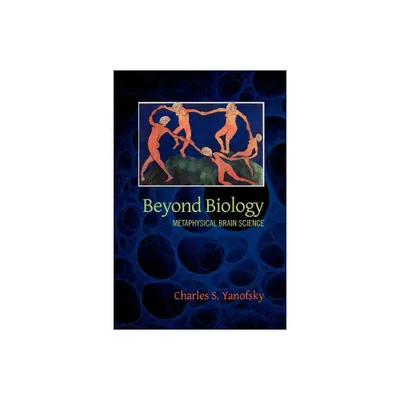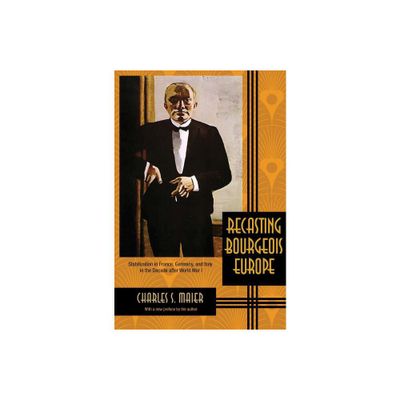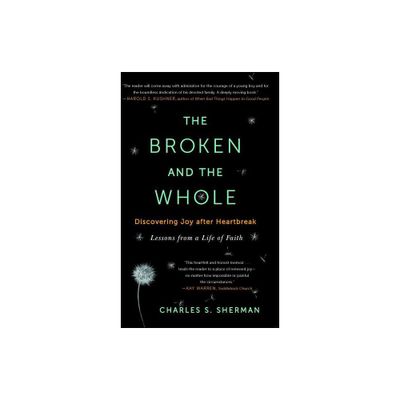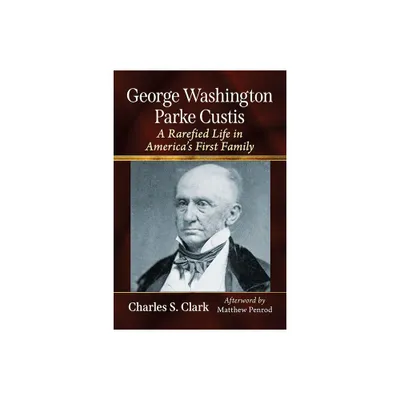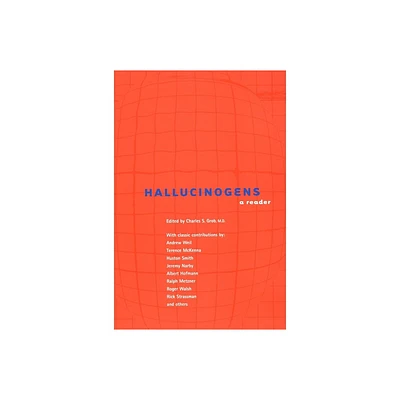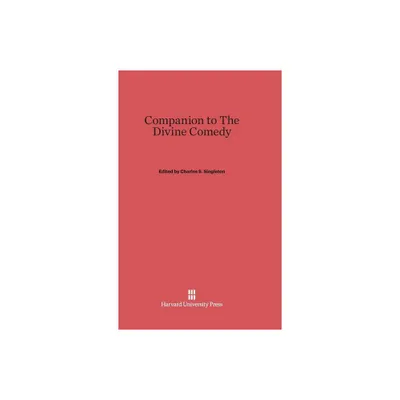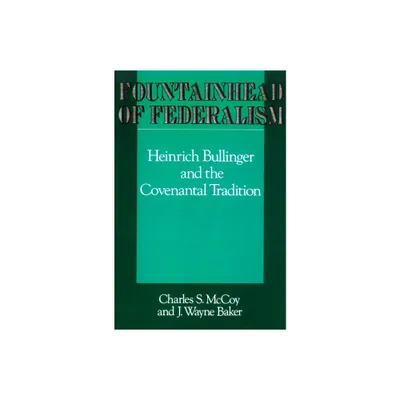Home
Rooting for Plants: The Unstoppable Charles S. Parker, Black Botanist and Collector
Loading Inventory...
Barnes and Noble
Rooting for Plants: The Unstoppable Charles S. Parker, Black Botanist and Collector
Current price: $18.99


Barnes and Noble
Rooting for Plants: The Unstoppable Charles S. Parker, Black Botanist and Collector
Current price: $18.99
Loading Inventory...
Size: Hardcover
*Product Information may vary - to confirm product availability, pricing, and additional information please contact Barnes and Noble
Meet Charles S. Parker, an unsung yet trailblazing Black scientist who made major contributions to the fields of botany (the study of plants) and mycology (the study of fungi) in this inspiring STEM/STEAM picture book biography from the creators of
Buzzing with Questions
.
In 1882, Black botanist and mycologist Charles S. Parker sprouted up in the lush, green Pacific Northwest. From the beginning, Charles’s passion was plants, and he trudged through forests, climbed mountains, and waded into lakes to find them. When he was drafted to fight in World War I, Charles experienced prejudice against Black soldiers and witnessed the massive ecological devastation that war caused. Those experiences made him even more determined to follow his dreams, whatever the difficulties, and to have a career making things grow, not destroying them.
As a botanist and teacher, Charles traveled the United States, searching for new species of plants and fungi. After discovering the source of the disease killing peach and apricot trees, Charles was offered a job at Howard University, the famed historically Black college where he taught the next generation of Black scientists—men and women—to love plants and fungi as much as he did.
Buzzing with Questions
.
In 1882, Black botanist and mycologist Charles S. Parker sprouted up in the lush, green Pacific Northwest. From the beginning, Charles’s passion was plants, and he trudged through forests, climbed mountains, and waded into lakes to find them. When he was drafted to fight in World War I, Charles experienced prejudice against Black soldiers and witnessed the massive ecological devastation that war caused. Those experiences made him even more determined to follow his dreams, whatever the difficulties, and to have a career making things grow, not destroying them.
As a botanist and teacher, Charles traveled the United States, searching for new species of plants and fungi. After discovering the source of the disease killing peach and apricot trees, Charles was offered a job at Howard University, the famed historically Black college where he taught the next generation of Black scientists—men and women—to love plants and fungi as much as he did.


